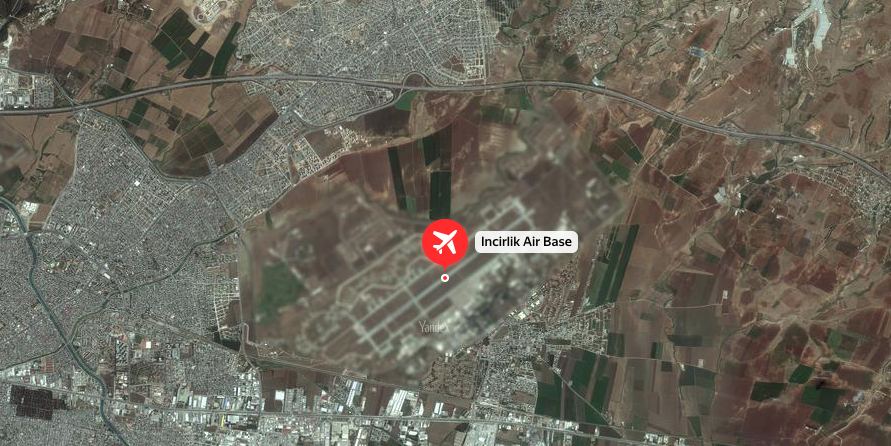This Mapping Service Blurred Out Secret Military Bases a Little *Too* Well

A Russian online mapping company was trying to obscure foreign military bases. But in doing so, it accidentally confirmed their locations-many of which were secret.
Yandex Maps, Russia’s leading online map service, blurred the precise locations of Turkish and Israeli military bases, pinpointing their location. The bases host sensitive surface-to-air missile sites and facilities housing nuclear weapons.
The Federation of American Scientists reports that Yandex Maps blurred out “over 300 distinct buildings, airfields, ports, bunkers, storage sites, bases, barracks, nuclear facilities, and random buildings” in the two countries. Some of these facilities were well known, but some of them were not. Not only has Yandex confirmed their locations, the scope of blurring reveals their exact size and shape.
For years now, online mapping services have blurred sensitive locations in response to government requests. That often means reducing the resolution of entire areas to make sure a secret facility doesn't stand out. Another reason for reducing resolution: U.S.-based mapping services are required by federal law to not show Israel in any greater detail than that available with commercial satellite imagery, resulting in a two-meter resolution for the entire country. That's not great for those that like to play virtual tourist, but it helps keep the country secure.
Yandex’s highly specific blurring reveals the location of several sensitive facilities, Turkish military bases, Israeli nuclear facilities, and Israeli Patriot missile batteries. Facilities in Turkey really stand out, as the entire country is available in high resolution. Incirlik Air Base, used by the United States and home to B61 tactical nuclear weapons, is pinpointed by a big blurry mess as shown above. A savvy person could then use unblurred images of Incirlik to define the exact physical parameters of the base.
Yandex was likely asked to blur these locations by the Israeli and Turkish governments. The manner in which it chose to protect these locations, however, actually made them less secure by drawing attention to them in a very public forum. Next time, Yandex might consider just reducing the overall resolution of their maps.
Read more at Federal of American Scientists.
('You Might Also Like',)

